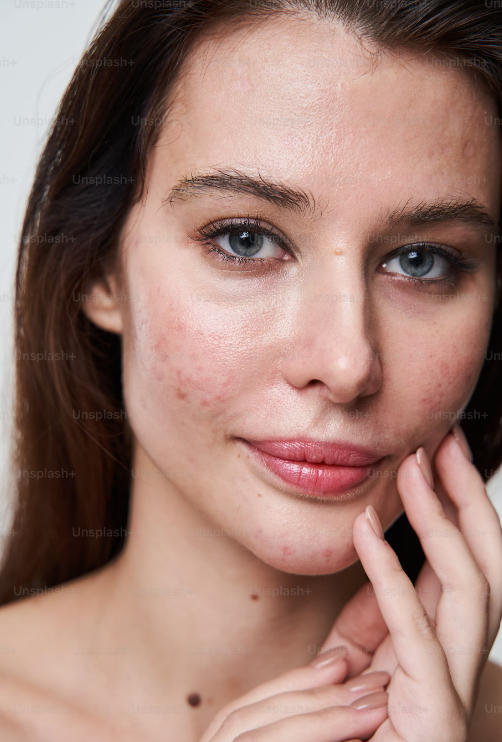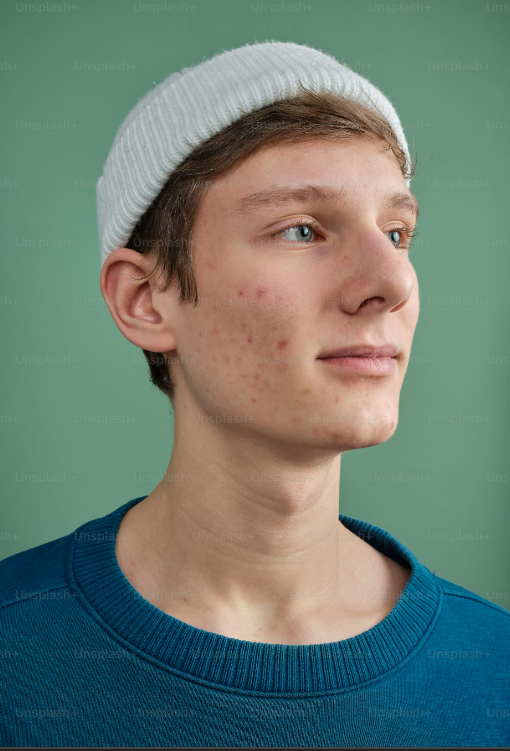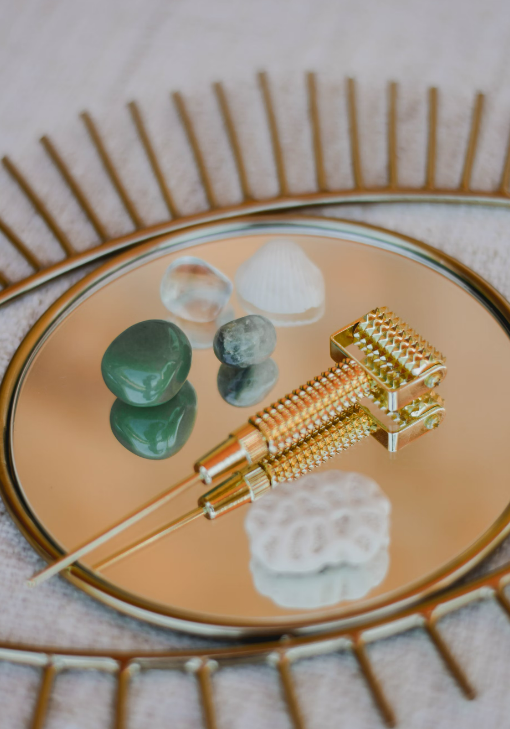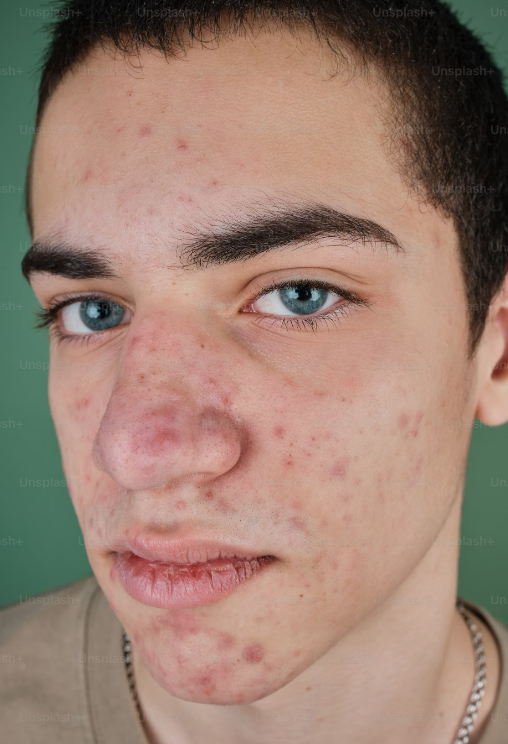Acne is a common skin condition that can affect people of all ages, causing frustration and impacting self-confidence. While there’s no one-size-fits-all solution, understanding your skin type and following a consistent routine can help reduce acne and improve skin health. Here’s a guide to help you manage and prevent acne effectively.
1. Understand the Causes of Acne
Acne occurs when pores become clogged with oil, dead skin cells, and bacteria. Common triggers include:
- Excess sebum (oil) production
- Hormonal changes (e.g., puberty, menstrual cycles)
- Stress, which can increase cortisol levels
- Diet (high sugar and dairy intake may exacerbate acne)
- Poor skincare habits or the use of comedogenic products
2. Adopt a Gentle Skincare Routine
Morning Routine
- Cleanser: Use a mild, non-comedogenic cleanser to remove oil and impurities. Look for ingredients like salicylic acid or benzoyl peroxide for acne-prone skin.
- Moisturizer: Hydrate your skin with a lightweight, oil-free moisturizer to maintain its natural barrier.
- Sunscreen: Protect your skin with a broad-spectrum sunscreen (SPF 30 or higher) to prevent dark spots and irritation.
Evening Routine
- Cleanser: Double cleanse if you wear makeup to ensure all residue is removed.
- Treatment: Apply acne treatments containing active ingredients like retinoids, salicylic acid, or benzoyl peroxide.
- Moisturizer: Reapply a gentle, non-comedogenic moisturizer to keep your skin hydrated overnight.
3. Target Acne with Effective Ingredients
- Salicylic Acid: Helps unclog pores and reduce inflammation.
- Benzoyl Peroxide: Kills acne-causing bacteria and reduces swelling.
- Retinoids: Promotes cell turnover to prevent clogged pores (consult a dermatologist for prescription options).
- Niacinamide: Reduces redness and controls oil production.
- Tea Tree Oil: A natural antibacterial agent; use diluted to avoid irritation.
4. Make Lifestyle Adjustments
- Diet: Eat a balanced diet rich in fruits, vegetables, and omega-3 fatty acids. Limit sugar, processed foods, and dairy if they seem to trigger breakouts.
- Hydration: Drink plenty of water to keep your skin hydrated and flush out toxins.
- Stress Management: Practice stress-relieving activities like meditation, exercise, or yoga.
- Sleep: Aim for 7-8 hours of quality sleep to support skin regeneration.
5. Avoid Common Mistakes
- Don’t Overwash: Washing your face too frequently can strip natural oils, leading to more oil production.
- Avoid Popping Pimples: Picking at acne can cause scarring and worsen inflammation.
- Skip Harsh Scrubs: Exfoliating with abrasive scrubs can irritate your skin and aggravate acne.
- Be Patient: Acne treatments take time to show results—give them 4-6 weeks to assess effectiveness.
6. Consider Professional Help
If over-the-counter treatments don’t work, consult a dermatologist. They can provide:
- Prescription medications (e.g., topical retinoids, oral antibiotics, or isotretinoin)
- In-office treatments like chemical peels, laser therapy, or extractions
- Advice tailored to your skin type and acne severity
7. Embrace a Positive Mindset
Remember that acne is a common and treatable condition. Be kind to yourself during this journey, and celebrate small improvements. Confidence and self-care go hand in hand!
Quick Summary
- Follow a gentle skincare routine tailored to acne-prone skin.
- Use effective ingredients like salicylic acid, benzoyl peroxide, and retinoids.
- Maintain a healthy lifestyle with a balanced diet, hydration, and stress management.
- Seek professional help if necessary for personalized care.



